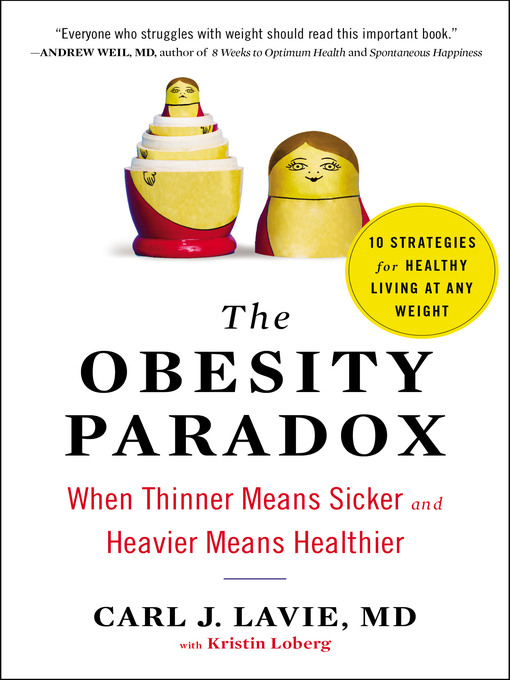shows readers how to achieve what’s really important: maximum health—not minimum weight.
- Recently added ebooks
- Available now
- Been meaning to read more classics? These are always available!
- New teen additions
- New kids additions
- SELF-e Select
- Most popular
- Try something different
- Missed It the First Time?
- Time to get outside and dig in the dirt!
- In the Garden
- New eBook additions
- Just added ebooks
- See all ebooks collections
- Available now
- New audiobook additions
- Always Available Audio
- Take a breath, listen to a poem
- New kids additions
- New teen additions
- Most popular
- Try something different
- Always Available Audio (Did your ears just perk up?)
- See all audiobooks collections
- Cooking & Food
- Home & Garden
- Health & Fitness
- Fashion
- News & Politics
- Hobbies & Crafts
- Celebrity
- Tech & Gaming
- Cars & Motorcycles
- Family & Parenting
- Sports
- Travel & Outdoors
- Photography
- See all magazines collections



